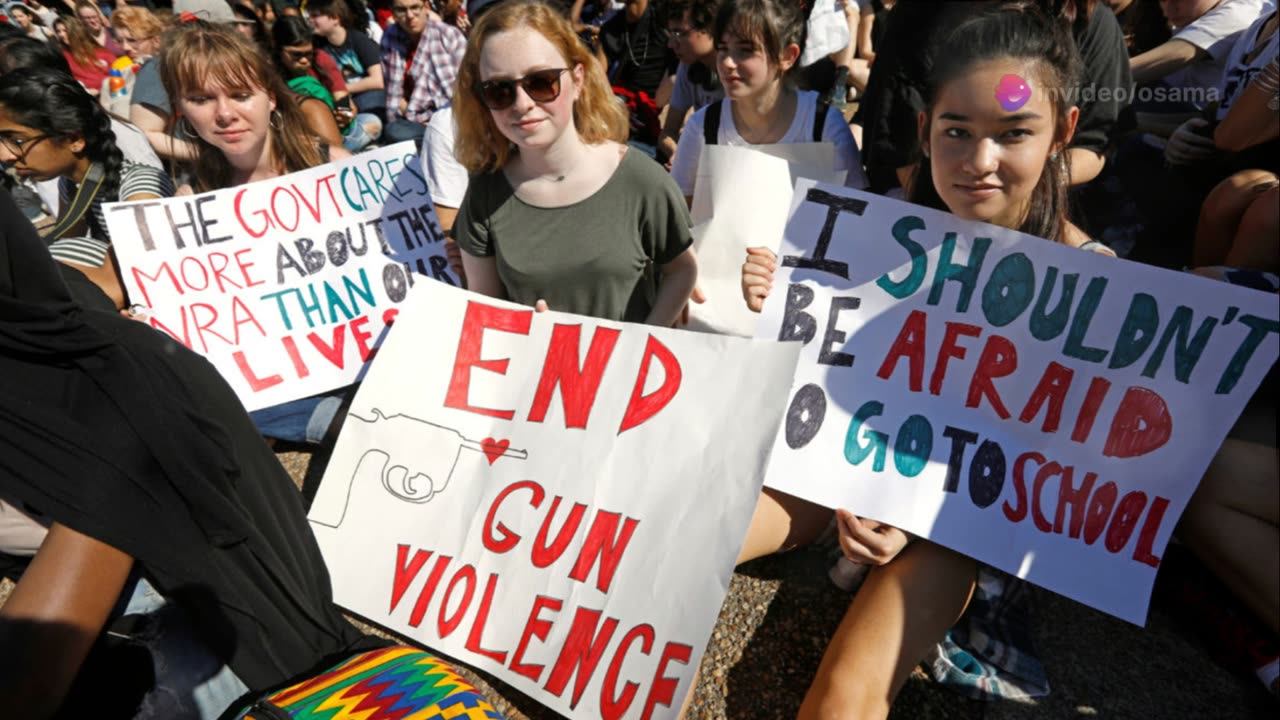Premium Only Content

The Power of Student Activism_ A Legacy
Beyond tragic loss of life and the intensification of conflict directly in Israel and Gaza, Hamas’ 7 October terrorist attack has had global repercussions. During conflicts like this, it is not unexpected to see increased manifestations of hate, in this case anti-Muslim hatred and antisemitism, both on- and offline. Muslim and Jewish communities have consistently received blame for events in the Middle East, based on stereotyping of whole communities and their perceived connections to foreign conflicts.
Between 7 and 29 October, anti-Muslim incident monitoring organisation Tell MAMA received 515 cases (268 online, 247 offline) in the UK, constituting a six-fold increase from the same period the previous year. Of the 268 online cases, Tell MAMA found a majority contained dehumanising language and tropes, including content equating Muslim communities with violence and terrorism. The offline dangers of anti-Muslim hate were highlighted by the killing of a 6-year-old Palestinian-American boy in the United States on 14 October, reportedly connected to the suspect’s consumption of radio news about the terrorist attack and subsequent conflict. The suspect is now facing murder, attempted murder and hate crime charges. This trend has emerged in the backdrop of rising anti-Muslim hatred on social media and offline, including a more than doubling of anti-Muslim incidents in the UK in the last decade, and a rise in discrimination against Muslim communities in the US
-
 1:44:47
1:44:47
Russell Brand
4 hours agoDigital Censorship & Political Warfare: X Attacked, Rand Paul Rebels, Free Speech on Trial – SF551
106K18 -
 LIVE
LIVE
tastylive
3 hours agoLIVE Stocks, Options & Futures Trading with the Pros! (Market Open -> Close & More) March 11th, 2025
257 watching -
 1:35:59
1:35:59
Simply Bitcoin
4 hours ago $2.18 earnedTrumps Bitcoin Embrace TERRIFIES The EU | EP 1200
31.5K7 -
 2:00:05
2:00:05
The Charlie Kirk Show
4 hours agoThe Left Regroups + Deporting Hamas Lovers + Love Is Blind? | Rep. Donalds, Dr. Arnn | 3.11.25
100K15 -
 30:41
30:41
BonginoReport
23 hours agoTrump Pulls Ultimate Uno Reverse Card On Illegals (Ep.1) - 03/10/2025
135K522 -
 34:53
34:53
Grant Stinchfield
22 hours ago $3.56 earnedDoctored Photos and Phony Stats, How The Media is Weaponizing the Measles... Again!
36.4K6 -
 1:08:03
1:08:03
TheAlecLaceShow
4 hours agoGuests: Senator Bernie Moreno & Anne Fundner | Trump Calls For Massie Primary | The Alec Lace Show
17.8K -
 55:34
55:34
The Dan Bongino Show
6 hours agoThe Deep State Purge Intensifies (Ep. 2439) - 03/11/2025
697K1.01K -
 1:07:13
1:07:13
The Rubin Report
5 hours agoListen to ‘The View’ Crowd Gasp as Whoopi Goes Against Common Sense
66.2K45 -
 1:55:15
1:55:15
Steven Crowder
7 hours agoActBlue Caught Red-Handed: How Deep Does This Government Fraud Rabbit Hole Go?
470K253